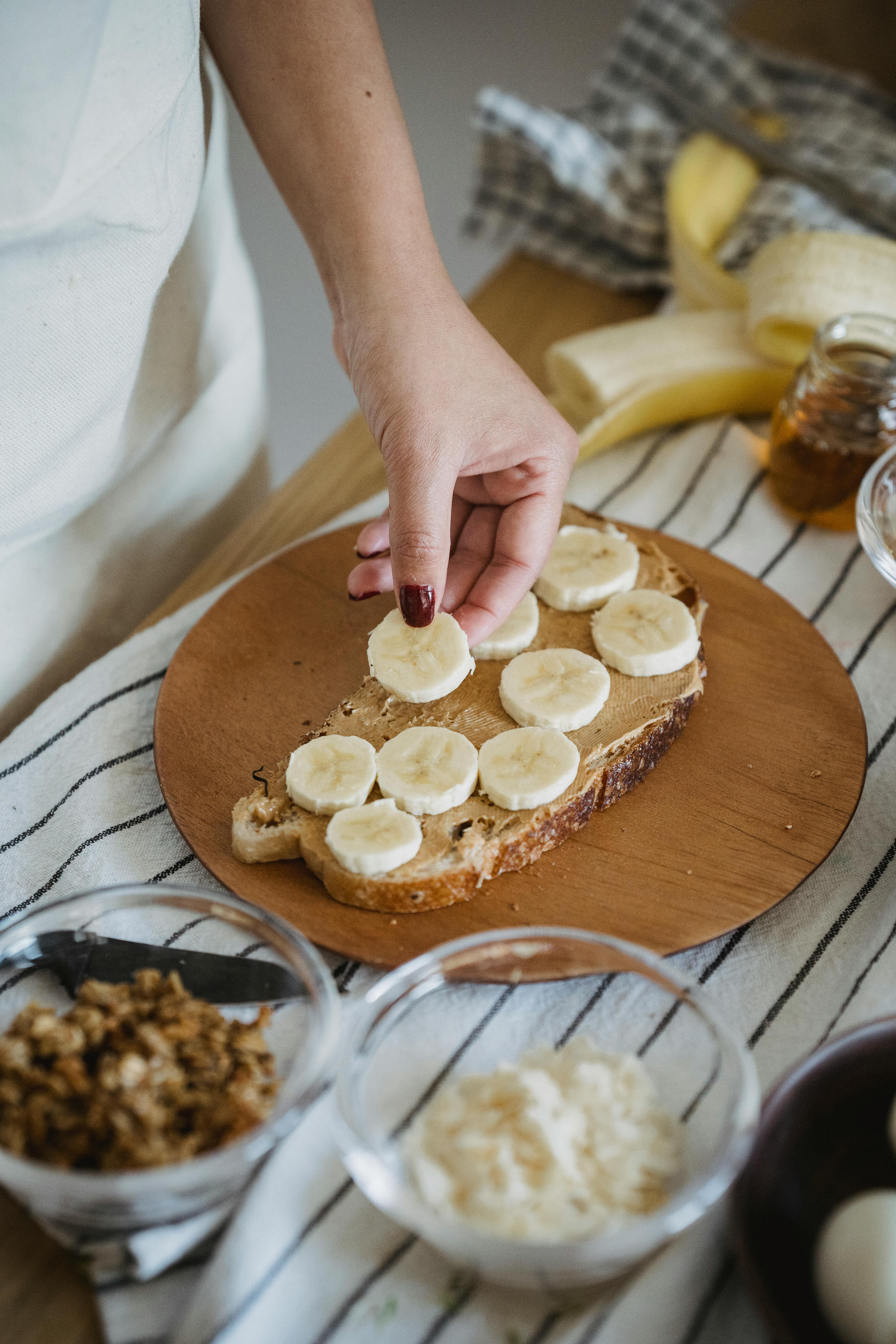How to Effectively Stop Your Dog from Eating Poop: Proven Solutions for 2025
Dealing with a dog that eats poop, known scientifically as coprophagia, can be a frustrating and embarrassing problem for pet owners. This unwanted behavior not only poses potential health risks to your dog but can also be distressing for the owners who witness it. Understanding why dogs engage in this behavior is crucial for effectively addressing it. In this article, we’ll explore proven strategies and solutions to train your dog not to eat poop, empowering you to manage and discourage this behavior effectively.
With the right approach, you can help your dog overcome this issue through behavioral training for dogs, positive reinforcement tactics, and consistent discipline strategies. We’ll provide insight into understanding dog coprophagia, its triggers, and the best methods to prevent dog poop eating. Additionally, we will explore the health implications related to this behavior and offer practical advice on redirecting your pet's attention.
By the end of this article, you will have a comprehensive toolbox filled with effective dog training tips, insights into coping mechanisms, and strategies for creating a cleaner, healthier environment for your pet. Let’s get started on helping your furry friend develop better habits!

Understanding Dog Coprophagia: Root Causes and Implications
Why Do Dogs Eat Poop?
The reasons behind why dogs eat poop are multifaceted. From natural instincts to underlying health issues, understanding these causes is the first step in preventing this behavior. Dogs may eat poop due to nutritional deficiencies, boredom, anxiety, or simply because it is a behavior they learned from their mother. Puppies, in particular, are known to explore their environments through their mouths, making them more likely to indulge in coprophagia.
Health Implications of Eating Poop
Coprophagia can lead to several health concerns for your dog, including the transmission of parasites, bacteria, and viruses found in feces. Eating their own or another animal's waste can also exacerbate existing digestive issues. Thus, monitoring your dog’s poop eating habits can prevent potential health risks associated with this behavior. A visit to the veterinarian can provide essential insights into any underlying health issues that may be driving this behavior.
Identifying Behavioral Triggers
Behavioral triggers such as stress, anxiety, and environmental factors play a significant role in coprophagia. Dogs feeling more anxious due to changes in their routine or environment may react by eating poop. Identifying these triggers through careful observation can help you address the root cause effectively. Implementing stress-reduction techniques and providing a stable routine may significantly reduce your dog’s urge to indulge in this behavior.
Building on these fundamentals, let's explore practical methods to stop dogs from eating poop.
Proven Methods to Prevent Dog Poop Eating
Training Your Dog to 'Leave It'
One of the most effective commands to teach your dog is 'leave it.' This command helps you redirect your pet away from poop and other undesirable items. Start by distracting your dog with treats while reinforcing the leave it command. When your dog successfully ignores the poop in favor of the treat, reward them immediately. Consistent practice of this command will empower your dog to make better choices, fostering good dog habits.
Using Positive Reinforcement Techniques
Positive reinforcement is one of the most effective dog training methods available. Instead of punishing your dog for eating poop, reward them when they choose not to engage in that behavior. This can be done through treats, praise, or playtime. Creating a positive association with good behavior encourages your pet to repeat those actions in the future.
Implementing Deterrents
Dog-safe deterrents can be an effective tool in managing your dog’s poop eating behavior. Spraying the feces with a dog-safe bitter apple spray may dissuade your dog from eating it. Additionally, using commercially available poop eating deterrents can make feces less appealing. Always consult your veterinarian before introducing new products to ensure they are safe for your dog.

Connected to these training methods, it is essential to consider your dog's environment and routine to solidify their decision-making process.
Creating a Dog-Friendly Environment
Maintaining a Clean Yard for Your Dog
The best way to prevent your dog from eating poop is to eliminate access to it. Regularly clean your yard and promptly dispose of dog waste. The less enticing the environment is, the less likely your dog is to engage in coprophagia. Implement a training schedule that includes cleaning routines and reward your dog for eliminating outside effectively.
Engaging Dogs Mentally and Physically
A bored dog may resort to eating poop as a way to entertain themselves. Engaging your dog mentally and physically through regular exercise, interactive toys, and enrichment activities can reduce unwanted behaviors. This includes puzzle toys, fetch games, and regular walks, all contributing to a balanced lifestyle for your furry friend.
Establishing Routines for Your Dog
Structuring your dog’s routine creates a sense of stability. Establish clear feeding times, exercise schedules, and potty breaks to help regulate their behavior. Predictability reduces stress and anxiety in dogs, lessening their likelihood of engaging in negative behaviors such as eating poop.
With these foundational strategies, let’s dive deeper into training reinforcement techniques that can help you overcome this issue effectively.
Training Reinforcement Techniques for Dogs
Behavioral Assessments for Effective Training
Performing behavioral assessments can lead to a more tailored training approach for your dog. These evaluations provide insight into your pet's specific triggers and behavioral patterns. Once identified, you can implement targeted training strategies to combat inappropriate behaviors. Observing your dog's reactions in various situations will enable you to adapt your approach as needed.
Using Dog Training Tools
Utilize various dog training tools, including training collars and clickers, to reinforce good behavior. Clickers can mark desired actions, while collars can help control behavior in specific situations. The goal is to enhance communication between you and your dog, fostering a better understanding of expectations.
Consulting Dog Trainers for Expert Advice
Don’t hesitate to seek help from professional dog trainers who can provide personalized guidance on managing coprophagia. Trainers can offer insights into effective dog training methods and recommend strategies that suit your dog's personality. A professional assessment can go a long way in formulating an effective training plan tailored to your dog’s needs.
Common Mistakes to Avoid When Training Your Dog
Relying on Punishment Instead of Positive Reinforcement
Many pet owners mistakenly use punishment as a way to address unwanted behaviors. This approach can backfire, causing fear and aggression, which ultimately exacerbates the problem. Positive reinforcement methods have been proven to bring about lasting behavioral changes that foster trust and understanding between you and your dog.
Inconsistent Training Practices
Consistency is crucial when training dogs. Inconsistently enforcing rules can confuse your dog and hinder progress. Make sure all family members are on the same page regarding training techniques to create a stable and predictable environment for your dog.
Not Seeking Veterinary Advice for Health Issues
If your dog exhibits coprophagic behavior, it is essential to rule out potential health issues. Nutritional deficiencies and other medical conditions can drive this behavior. Consulting your veterinarian can ensure that there are no underlying health problems contributing to your dog’s behavior.
Q&A: Addressing Common Concerns about Coprophagia
1. Is coprophagia common in dogs?
Yes, coprophagia is relatively common in dogs, particularly in puppies. It often stems from instinctual behaviors or environmental influences.
2. How can I clean my dog's mouth after pooping?
Use a dog-safe dental wipe or rinse to clean your dog’s mouth after they eat poop. Regular dental care will also help with overall oral hygiene.
3. Are there specific dog breeds more prone to coprophagia?
Some breeds may exhibit higher tendencies towards coprophagia due to their instincts. These can include dogs that were bred for scavenging or hunting. However, every dog is an individual.
4. Can a dog’s diet affect their poop-eating behavior?
Inadequate nutrition or poor-quality diet can lead to coprophagia due to nutritional deficiencies. Providing a balanced diet is crucial in preventing this behavior.
5. What can I do if my rescue dog eats poop?
Initially, focus on creating a stable environment and use positive reinforcement training methods. Consult with a professional trainer for tailored assistance with rescued dogs.
Implementing the strategies discussed herein can enhance your dog’s behavior significantly and foster a healthier relationship between you and your pet.
